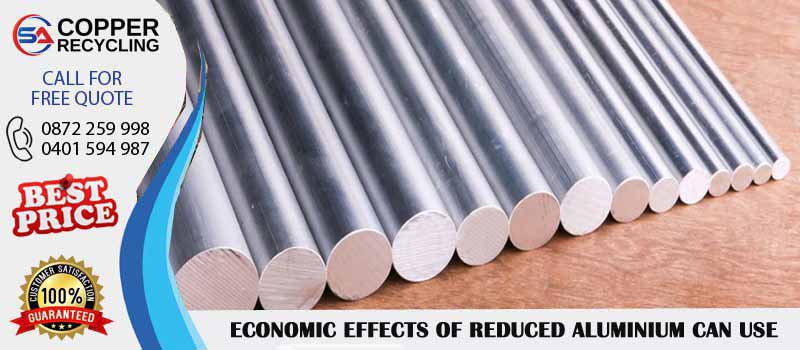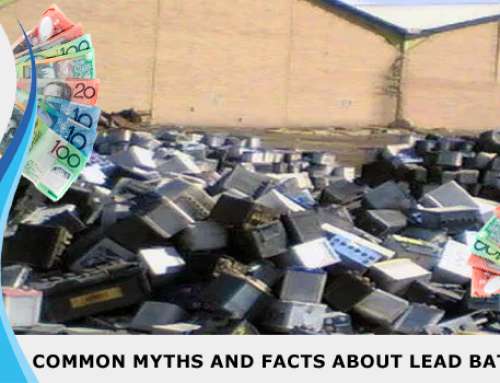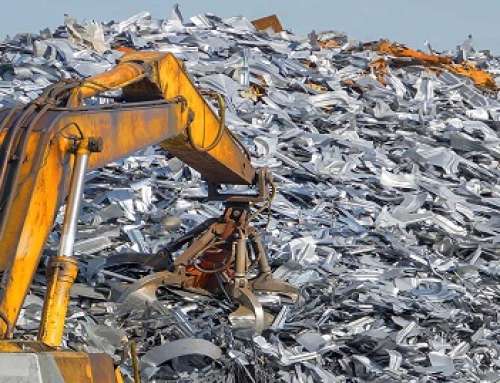Aluminum cans are a popular source of packaging & or decades they have been used in manufacturing industries. They are convenient, durable, and recyclable. Its environmental impacts & companies have been using other alternatives. One potential solution is reducing the use of aluminum cans.
In this blog, we will share some of the economic effects of reduced aluminum use. It includes potential company cost savings and its impact on the aluminum industry. If you have piled up a lot of aluminum materials, you can call Cash for scrap aluminum Adelaide based company and sell it to them.
Short History Of The Aluminum Cans
The history of aluminum cans dates back to the early 1960s & first aluminum cans were introduced for packaging beverages. The use of aluminum revolutionized the canning industry. It offered several advantages over other packaging materials like glass and steel.
Aluminum cans are lightweight, making them easy to transport and store. They are can withstand high temperatures and pressure. This makes them ideal for packaging carbonated beverages. Aluminum cans are infinitely recyclable, meaning they can be reused repeatedly. This makes them a more sustainable option.
The early aluminum cans were made using a two-piece design & top and bottom of the can are separate pieces attached to the body. This design was later replaced with the more modern one-piece design & this is still used today.
The Aluminum Association says that over 100 billion aluminum beverage and this is the data of the alone. Aluminum cans have become popular for packaging soft, beer, and energy drinks.
Process Of Aluminum Recycling
The process of aluminum recycling involves several steps.
- First, the collected aluminum cans are sorted & cleaned to remove impurities.
- The cans are then crushed & shredded into small pieces.
- They are melted in a furnace to produce molten aluminum & cast into ingots or other forms for further use.
Recycling aluminum saves energy and resources. It takes only 5% of the energy required to produce new aluminum from raw materials. Additionally, recycling aluminum reduces greenhouse gas emissions and conserves natural resources. It is an important process in promoting sustainability and reducing the environment.
Benefits Of Aluminium Recycling
Here are some benefits of recycling aluminum.
- Energy savings:
Recycling aluminum uses only 5% of the energy & it is required to produce new aluminum from raw materials. This reduces energy consumption and lowers greenhouse gas emissions.
- Economic benefits:
Recycling creates jobs in areas such as collecting, sorting, & processing aluminum waste. Using recycled aluminum to produce new products reduces the need for raw materials. It can help lower costs for manufacturers and consumers.
- Resource conservation:
Aluminum recycling conserves natural resources. It is the need for mining and refining new aluminum. This can have significant environmental impacts.
- Landfill space:
Recycling aluminum reduces the amount of waste that ends up in landfills. It helps to extend the lifespan of these landfills.
- Durability:
One of the key benefits of aluminium recycling is durability. By recycling aluminium, we can reduce the need for mining and processing virgin materials, which saves energy and reduces greenhouse gas emissions.
- Environmental benefits:
Aluminium recycling offers a wide range of environmental benefits, including reducing the amount of waste in landfills, conserving natural resources, and reducing greenhouse gas emissions.
Recycling aluminum offers numerous benefits for the environment, economy, and society. Cash for Scrap Coopers Adelaide based companies deal in all types of scrap, so you can contact them anytime to know more.





